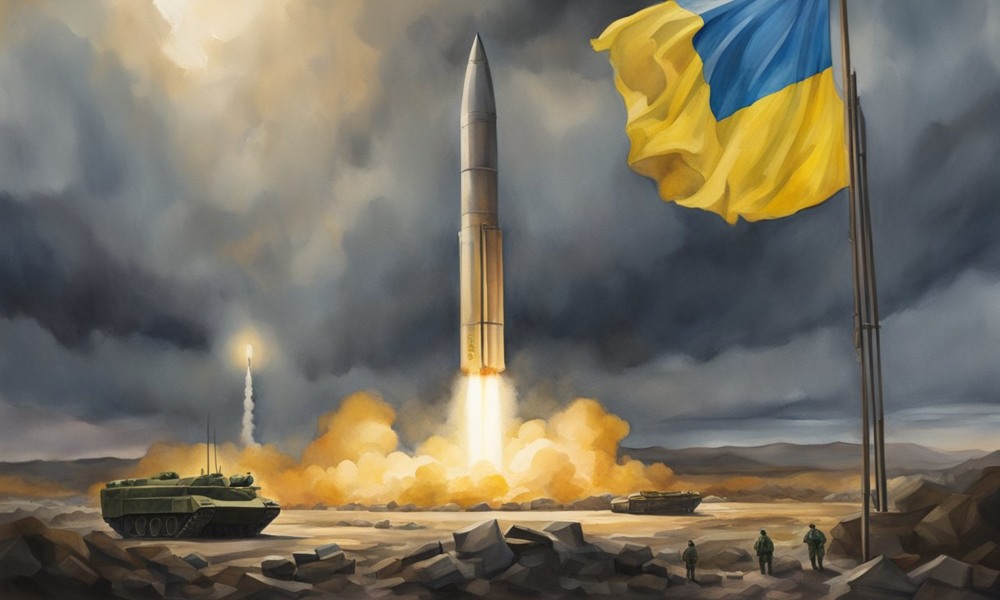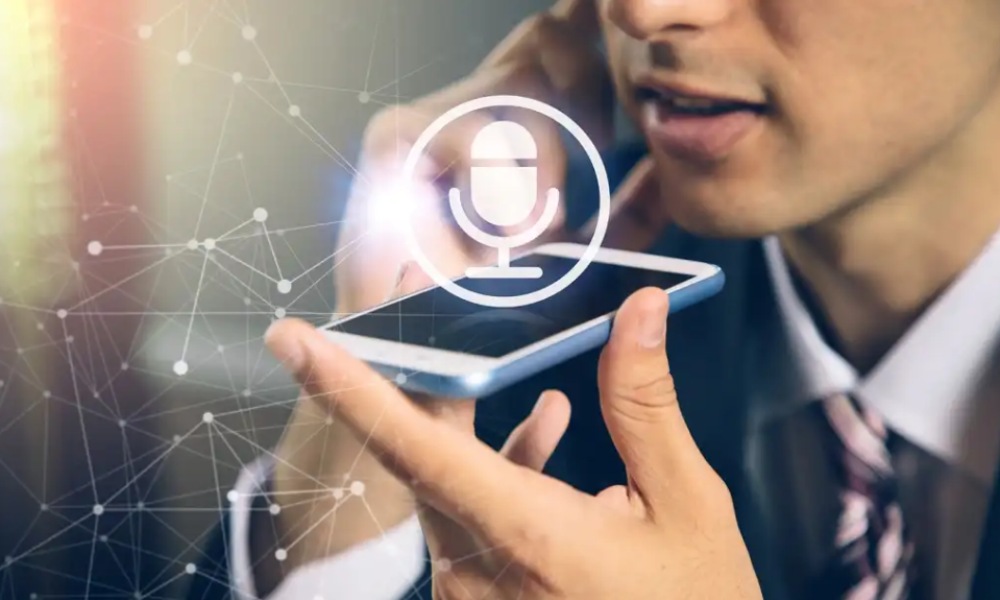A new technology called ChatGPT 4.0 can understand spoken words, pictures, and videos in many different languages.
- It can translate conversations between people in real-time
- You talk to it, and it instantly translates what you say into other languages
- It uses artificial intelligence to learn how people communicate
What’s new about ChatGPT 4.0?
Earlier versions of ChatGPT could only read text. The latest version can be listened to and seen just like humans, making communication much more manageable when people speak different languages.
You might ask, Won’t this eliminate human interaction? Some experts worry people may start relying too much on AI for the company instead of hanging out with real people and making friends.
Experts have concerns
One lawyer named Susan Algra wrote a book called “Human Rights, Robot Wrongs.” She thinks relationships with AI could be harmful if taken too far. She gives an example of a man in Belgium who tragically took his own life after developing strong feelings for an AI chatbot over just six weeks.
Algra says AI companies are trying to replace human connection and make people depend on their technology instead of genuine relationships. She’s concerned about the “corporate capture of society.”
Seeing the positives, too
However, ChatGPT 4.0 is also being used in beneficial ways. For example, it can describe scenery to someone who is blind and unable to see it themselves. The AI narrates in real-time what is happening around the person.
The business opportunities
Companies are excited about the business opportunities of instantaneous translation between multiple languages. Tour guides could narrate to groups speaking dozens of native tongues at once. Product makers could pitch sales globally without language barriers.
An app called InterpretNow demonstrated how this technology works by translating a speaker’s Norwegian into English captions on the phone in real-time.
Who controls AI development?
One issue is that some more cautious employees working on AI ethics at significant companies like OpenAI have recently been let go or resigned. More attention should be paid to prioritizing profits over responsible, carefully-tested systems.
Companies are racing to be first with these powerful language AIs. But there are big questions around regulation and who will watch over AI to protect people’s rights as the technology rapidly advances.
Should we rely more on AI for communication or be wary of its effects on human society? The debate around ethical AI development is only beginning.
The screenshot is taken from – cio.com
















